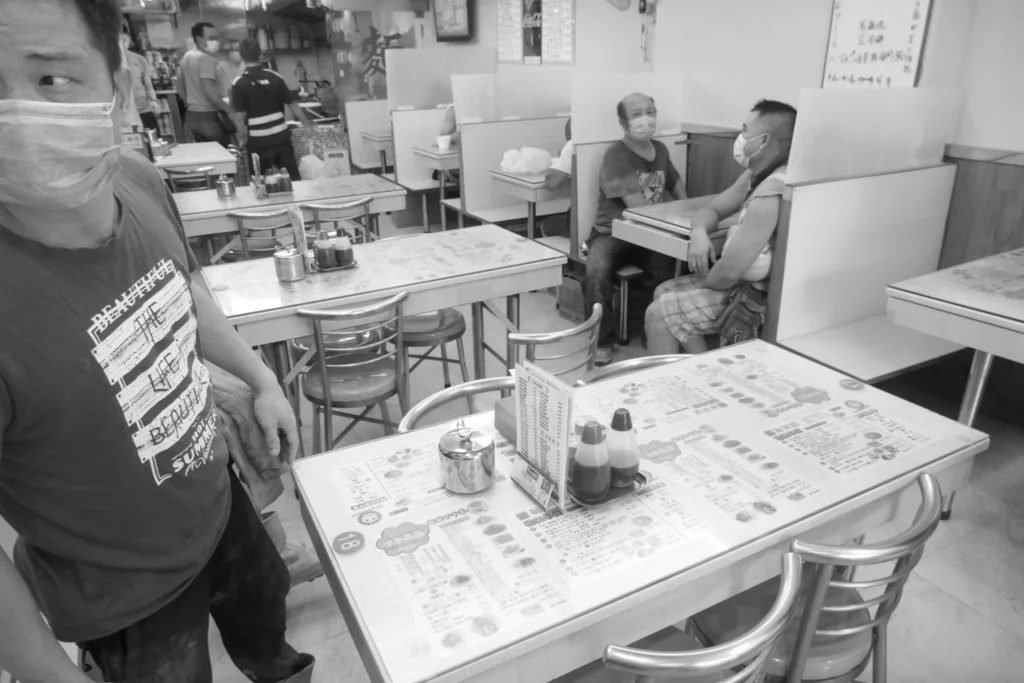I suppose Chief Executive Carrie Lam’s announcement late last Friday night (31 July 2020) to postpone this year’s Legislative Council elections by one year was intentionally timed to miss the city’s animated weekday radio talk-in programmes, workplace discussions and congregations of smokers around the city’s smoke-spots. Her announcement emphasised that her decision (“my hardest in seven months”) was based purely on health and safety reasons related to Covid-19, but she also mentioned that it was not equitable that Hong Kong residents living on the mainland were unable to return to vote because of quarantine rules. This was immediately challenged, as voting in Hong Kong’s elections is only for those “ordinarily resident’ in the Hong Kong SAR. Lam denied that there were any political considerations in her decision. However, as Hong Kong’s political leader every decision is political. This is fundamental in her role as Chief Executive. But, being political is often seen by her as tainting the job, when in fact it is central to how she performs it. Besides, having made such a momentous (non-political!) decision, the city has now been plunged into a political and constitutional crisis that will overshadow any issue involving the legislature in the coming year.
The public is not deluded: it is the Central government calling the shots and Lam is following their beat. The Hong Kong government will meekly follow all ‘clarifications’ that the Central authorities issue to resolve a multiple of constitutional issues as the Basic Law clearly outlines arrangements for any postponed election, but none cover a situation like the sudden cancellation of this September’s election. The right to vote is one of Hong Kong’s core values and enshrined in the Basic Law. It is simple: Hong Kong’s ‘two systems’ is unique in ‘one country’ because common people can vote to directly elect their representatives in our Legislative Council. In the mainland they cannot.
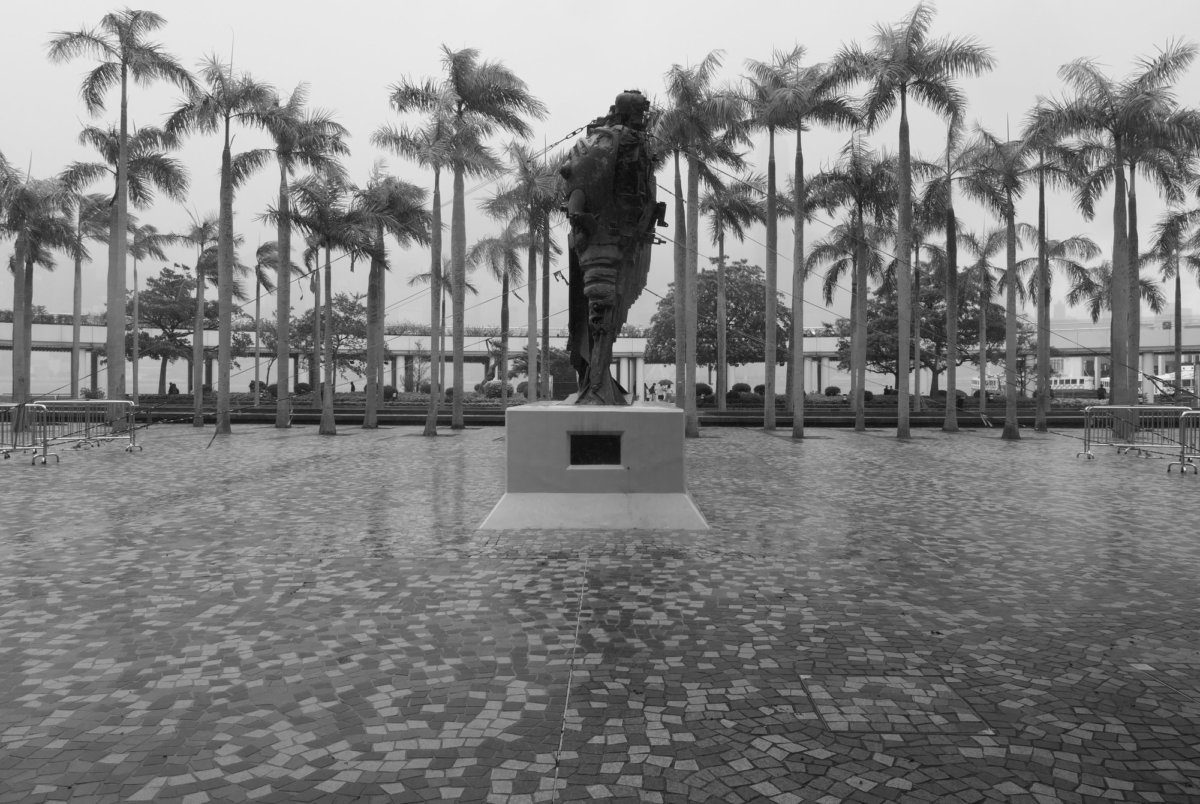
The following day, Hong Kong experienced strong winds and heavy rain, the peripheral influence of a near-typhoon off Hainan Island. I had gone to Tsim Sha Tsui to photograph the now closed Swindon bookshop and to buy a bottle of wine for a late night of card-playing (Canasta, not the more hard-nosed poker!). As I walked to the ‘Star’ Ferry, I was tossed around by the wind and lashings of rain. On the waterfront, César’s The Flying Frenchman, originally titled ‘Freedom Fighter’ a title rejected by the Hong Kong authorities in 1992, was tethered and restrained because of the ‘strong wind signal.’ As a metaphor for Hong Kong after the previous day’s cancellation of the Legislative Council elections it is awfully perfect: I suggest we keep the ropes and restraints permanently tethered to the sculpture as a reminder; and only untethered when we can again have free and fair elections.
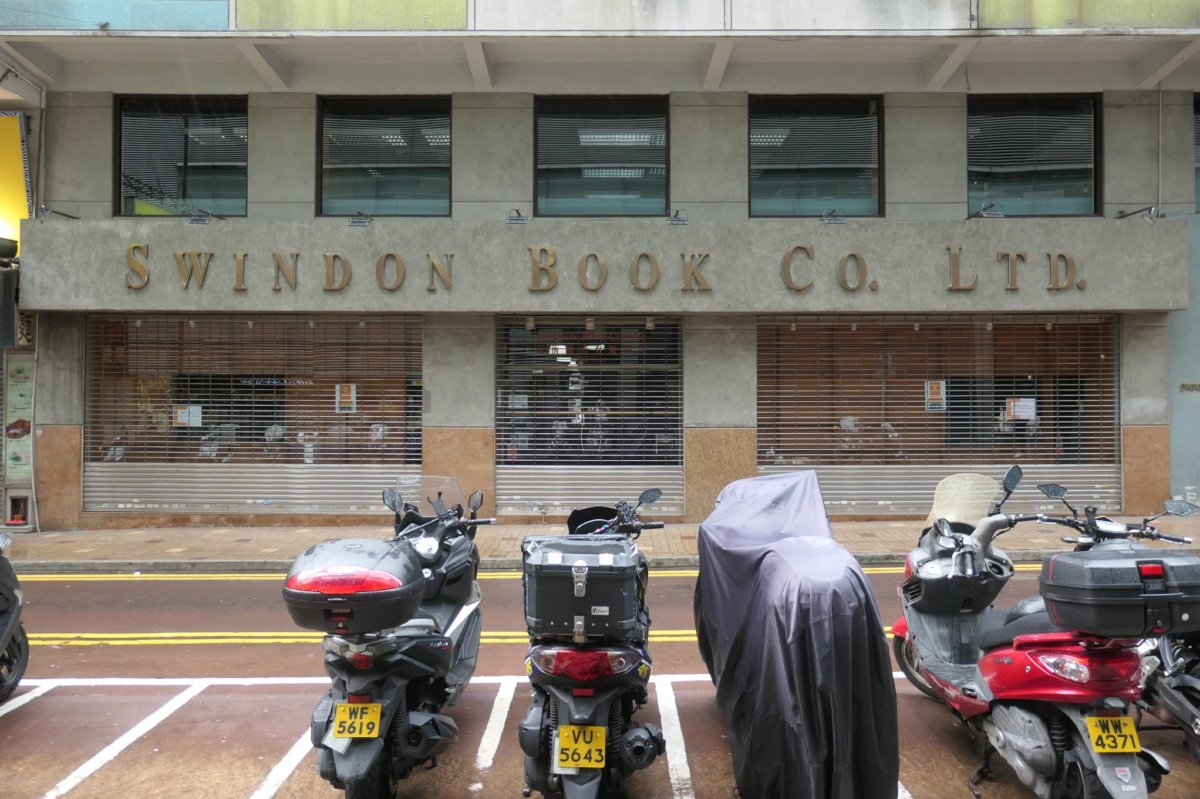
In the weeks before the election announcement, the government began a narrative that Hong Kong’s Covid-19 situation is out of control. In a series of decisions, the government introduced further restrictions on businesses and the size of gatherings of people (reduced from 8, to 4, now reduced to groups of 2 people). One of the measures, the total closure of restaurants, badly backfired. Forced to buy takeaway food, workers had no-where to eat lunch, and on the first day of the restriction, their lunchtime coincided with a tropical downpour: images of rain-sodden workers balancing takeaway lunch-boxes as they ate outdoors and on roadside curbs went viral. The government quickly reversed the decision after only two days. It was labelled as another example of government officials being out of touch as, as anyone knows, many Hong Kong people don’t have the facilities or space to prepare and eat food in their small homes.
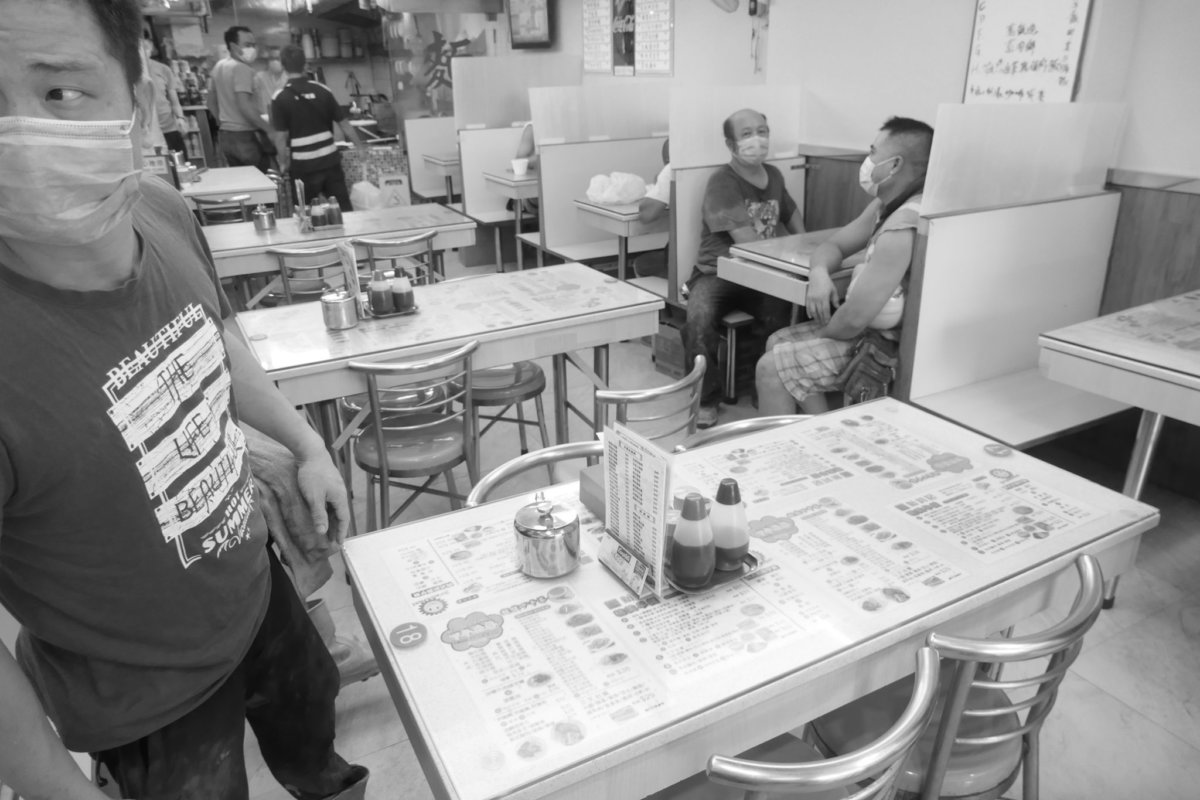
Then, after Friday’s cancelled election announcement, the government adopted further measures. Government ministers ceremoniously met six mainland medical officials as they arrived in Hong Kong; we are told that the entire Hong Kong population will be tested for Covid-19; mainland officials will help us build a new hospital (like the quickly built Wuhan hospital). For a moment, the mantra that “Hong Kong’s Covid-19 situation is out of control” was (tacitly) repeated in the media, and as people smoked together around their regular smoking-spots. But, scepticism and questions are now being asked: what medical qualifications do these mainland officials have (and usually medical qualifications are verified, a process that takes six months) and why would we test the entire population when current infections are mainly in clusters: within families, elderly people’s homes and other enclosed spaces (such as worker dormitories), and in a few geographical areas, predominantly in Kowloon? Questions have been raised: is business being directed towards the mainland companies tasked with doing the mass Covid-19 testing?
But, here’s another question. The Chinese University of Hong Kong has a new “non-profit” private teaching medical hospital* of 500 beds, scheduled to open in 2021. It was funded with a no-interest loan of HK$4billion from the Hong Kong government and a charity grant of HK$1.3billion by the Hong Kong Jockey Club. Can this hospital be fast-tracked to be opened sooner: or, at least to offer beds for milder Covid-19 cases? And, what about other private hospitals, can they not be tapped for beds? The private hospital sector received huge subsidies in the government’s first round of relief to businesses – because private hospitals have had reduced private medical procedures (or, read, business) due to fears of spreading Covid-19, thus staff were furloughed. Is there really a shortage of hospital beds and medical facilities in Hong Kong? Or, is it like many resources (including land) in Hong Kong: we don’t (at the moment) have a shortage, it is how we allocate and use these resources at this moment.
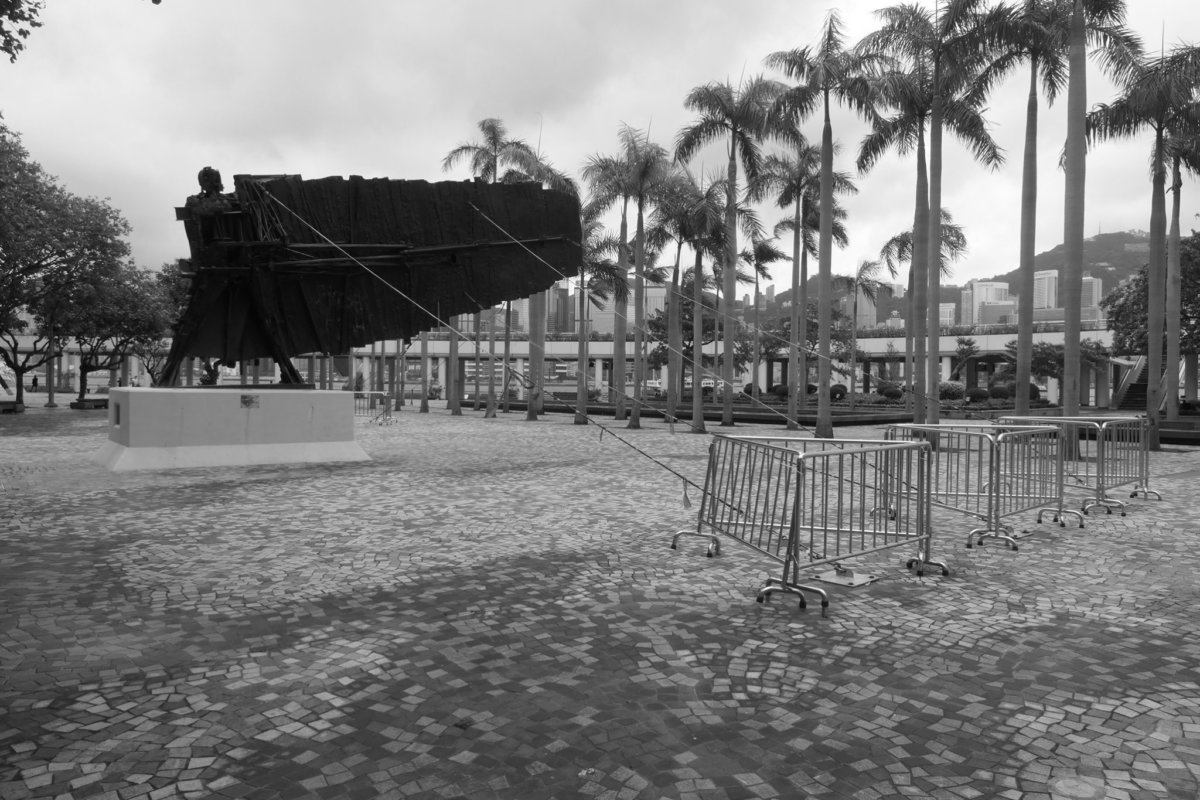
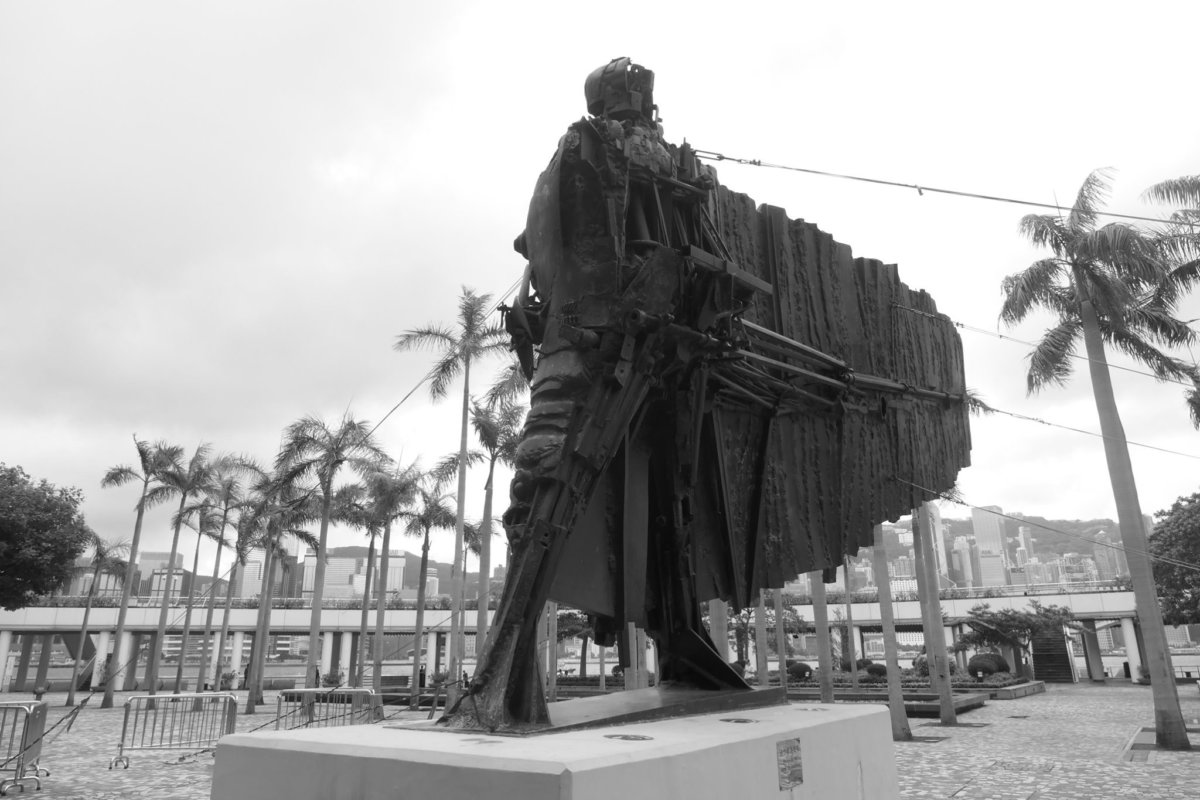
The real challenge that the Hong Kong government faces, as do governments around the world, is how to achieve the delicate balance between keeping communities safe and healthy from Covid-19 infections supported by a functioning health service while ensuring that real economic activity continues, otherwise a future economic and financial meltdown could inflict unthinkable later hardship on people. That conversation is being stifled by official assertions that “Hong Kong’s Covid-19 situation is out of control.” If this were true, then that urgency would demand that we really should be eating out of takeaway lunchboxes and in-house dining really should be closed! Likewise, if Hong Kong’s Covid-19 situation is not out of control, then we should really hold the Legislative Council election as planned on 6 September 2020. Fat chance of that happening, when decisions really are politically directed by Beijing!
But, at least, can we seriously discuss the balance required to maintain our health from Covid-19 infections while maintaining active economic activity? In a year’s time, we want to vote and have jobs.
*CUHK Medical Centre: http://www.cuhkmc.hk/zh-hant/
